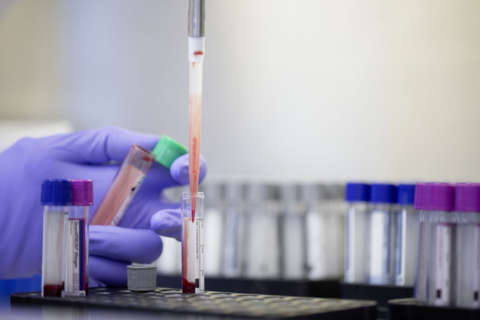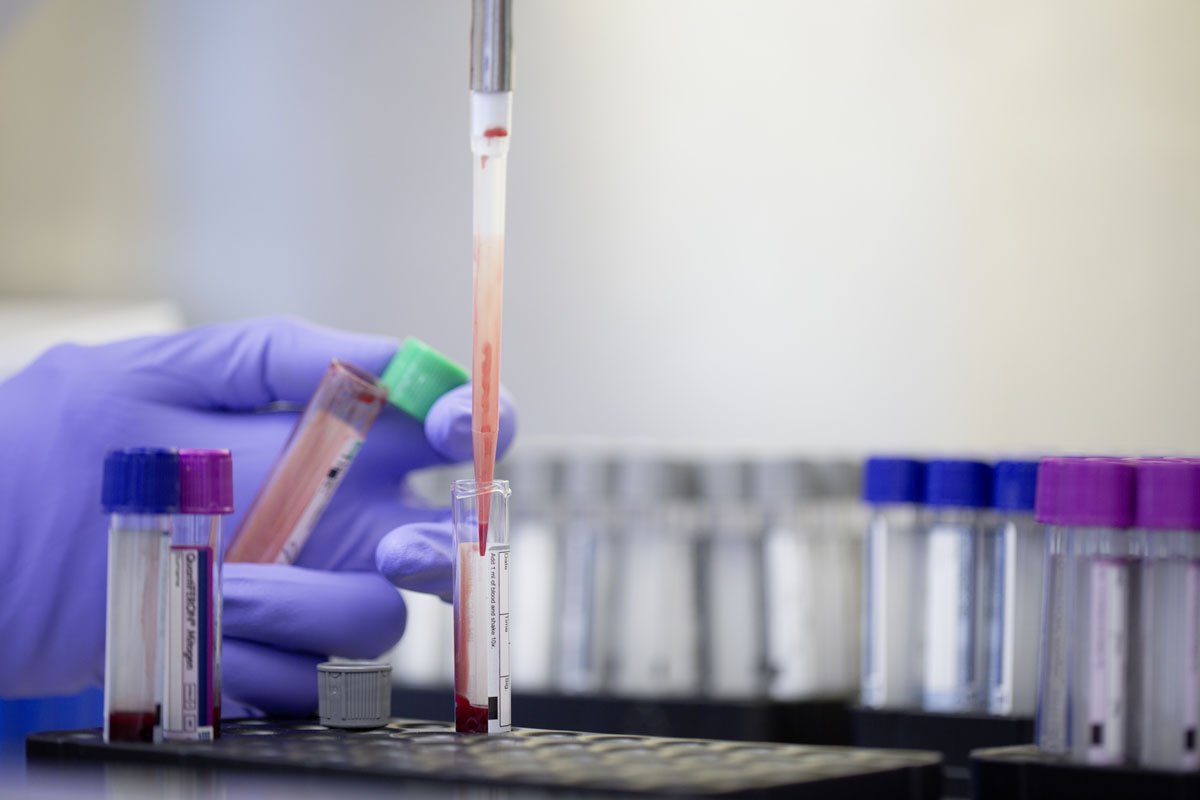
WASHINGTON — The D.C. Department of Health has confirmed that an American University graduate student has tested positive for tuberculosis, or TB.
The student lives off campus, the university said. A health department spokesman said health officials are now checking who the student came into contact with.
Mark Story, the director of strategic communications at American University, said the D.C. Department of Health is the lead agency involved in this TB case.
“The D.C. Department of Health has informed us that there is no reason for alarm, and that they are operating out of an abundance of caution,” Story said.
They have tested individuals who have been in close contact with the graduate student, and sent emails to anyone in the AU community who they think may have had contact with this individual.
“If you have not been contacted by the D.C. Department of Health, there is no need to worry. If you have been contacted, we have provided very clear instructions on ways that people can get tested at AU, through the D.C. government or even at their primary care physician, since school is not in session,” Story said.
Michael Kharfen, senior deputy director at the D.C. Department of Health, said the department offers assistance to anyone who has TB.
“Those rare times that somebody may have TB, we make sure that they get that treatment and they are cured,” Kharfen said.
TB is a bacteria that resides primarily in the lungs and is transmitted in the air from person to person. But unlike the flu or common cold that can be easily transmitted, TB takes prolonged and very close contact to be transmitted from person to person.
Although the transmission takes a lot of contact, TB also takes a lot of effort to cure. It is fully treatable, but Kharfen said since the bacteria is so hearty, the daily TB medication takes 6 to 9 months to completely eradicate the illness.
During that time, the treatment will minimally impact on the life of the affected person, Kharfen said.
The infectious period – when the TB can be spread to other people – is no more than a couple weeks, so the D.C. Department of Health carefully tracks that with regular testing. After the infectious period is over, the person is free to live a normal life while taking the medication until they are cured.
“From now on, that person will just take some medication on a daily basis, and we will be there to support that person, and they’ll be cured. Every other part of their life will be normal,” Kharfen said.
Kharfen said at this time, everyone who the D.C. Department of Health has tested for TB has tested negative.
Tuberculosis is not entirely uncommon. In 2017, there were 36 new tuberculosis cases diagnosed in the District, according to the D.C. Department of Health.
According to a December 2017 D.C. Department of Health report, almost half of all tuberculosis cases occur in people aged 25-44.
The same report said that of cases diagnosed in the District between 2013 and 2017, two-thirds of people affected were foreign-born, and one-tenth had been homeless in the past year.








